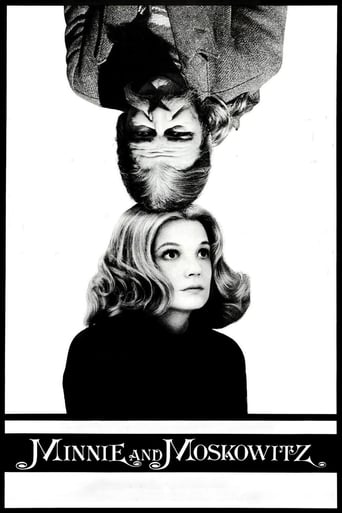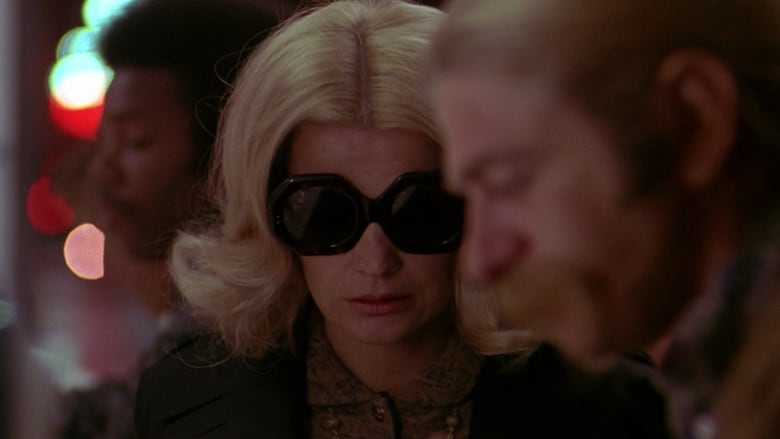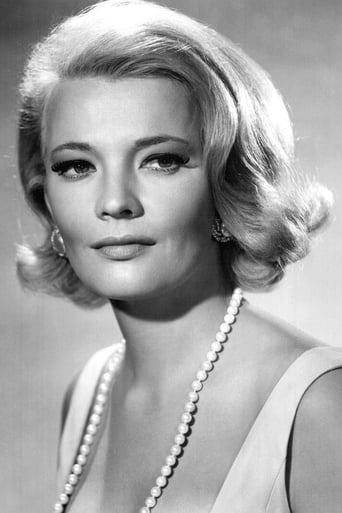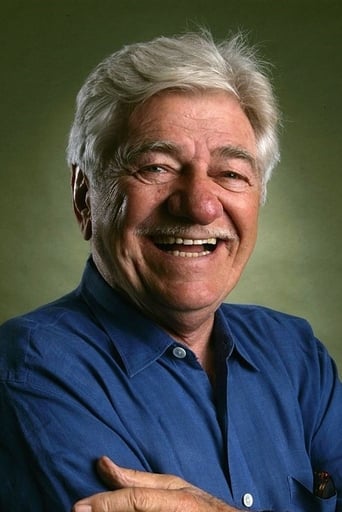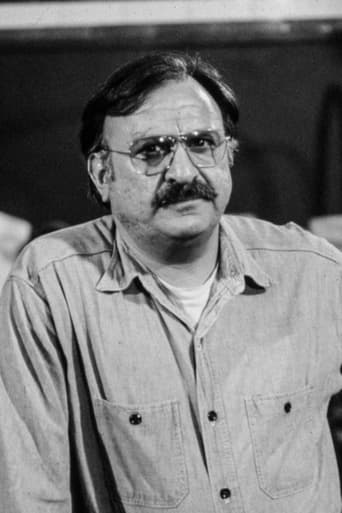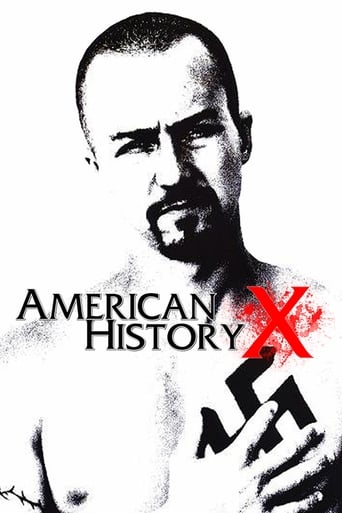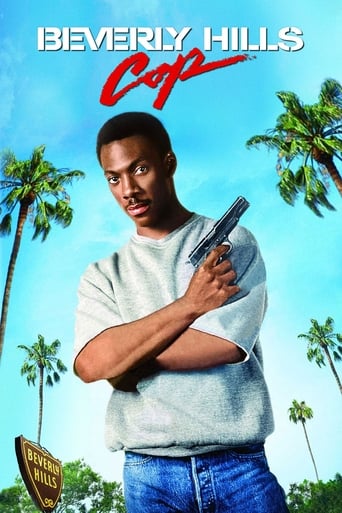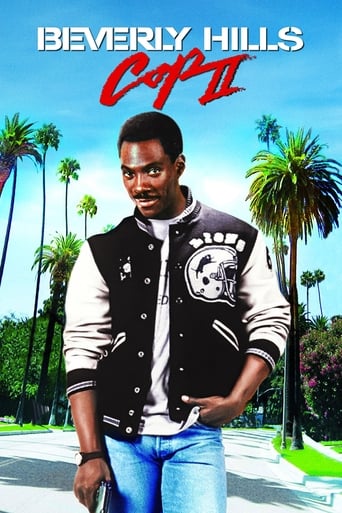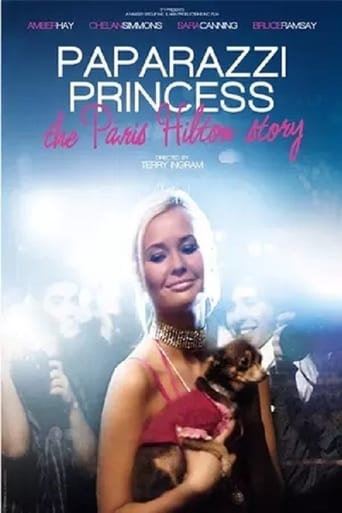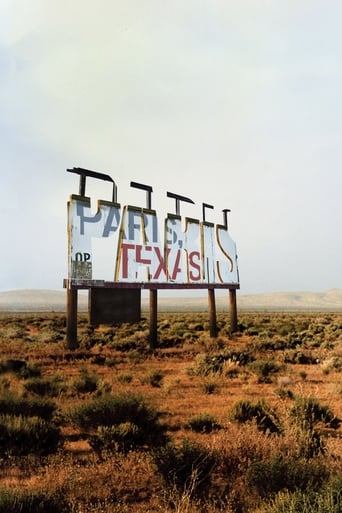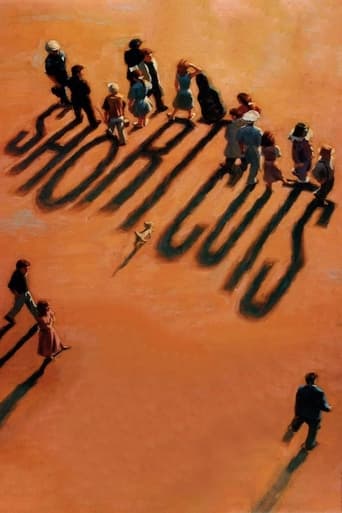Minnie and Moskowitz (1971)
Depressed and jaded after being dumped by her married boyfriend, aging beauty Minnie Moore wonders if she'll ever find love. After shaggy-haired parking lot attendant Seymour Moskowitz comes to her defense from an angry and rebuffed blind date, he falls hopelessly in love with her despite their myriad differences. Minnie reluctantly agrees to a date with Moskowitz, and, slowly but surely, an unlikely romance blossoms between the two.
Watch Trailer
Cast
Similar titles
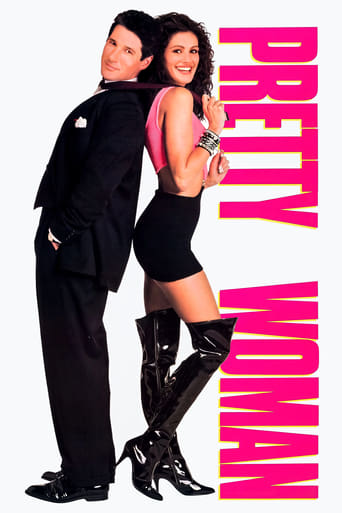
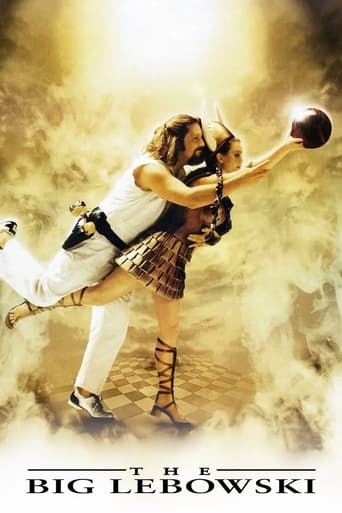
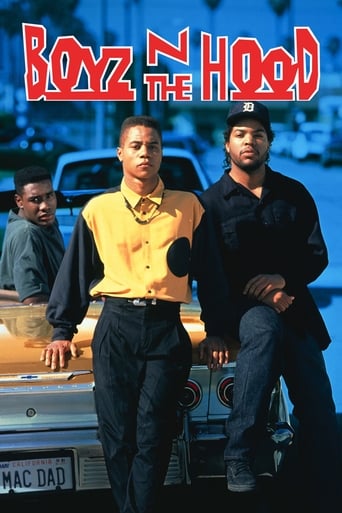
Reviews
This movie is the proof that the world is becoming a sick and dumb place
From my favorite movies..
Let me be very fair here, this is not the best movie in my opinion. But, this movie is fun, it has purpose and is very enjoyable to watch.
It is both painfully honest and laugh-out-loud funny at the same time.
These incredible mustache and never-ending blonde hair really take us by surprise, how are we supposed to react with such a character? And it would be nothing if it was just for the physical appearance His name is Seymour Moskowitz, as the namesake Cassel, a beatnik, whose car-parking job keeps him in constant movement. In fact, his whole life is made of movements, so abrupt and brutal; we never have time to see him moving. Seymour drives, comes, enters, gets in, gets out, and we're like stuck with the camera, unable to follow his track. Cassavetes direction of Seymour's character totally conveys the image of a man in advance, with a kind of irreverent and hasty attitude. Even the opening credits came back ten minutes after the film started as if Seymour didn't let us time to get used to the film. He's the iconoclast, the rebellious one, the man we find in a place right after losing him in another. No time for transitions.And there is Minnie Moore, another character, another attitude, another direction. Minnie takes the cab, walks on the street or down the stairs, we have time to follow her, to listen to her, to her melancholic rant against the way cinema manipulates people with unrealistic romances. We have time to see her smiling, yawning, winking. The beautiful Gena Rowlands is guided by a more conventional timing, almost too slow sometimes. But this slowness is Cassavetes' depiction of Minnie, a lonely character, whose life is so empty and boring, the simplest steps are stretched and painful. She's the opposite of Seymour, he's active, and she's passive. Almost tired of her loneliness, she lost the strength to wait for the big love, though she keeps hoping to find one. She's romantic because she has an ideal but seems to drown herself in a lake of pessimism. No stability.Everything oppose the two Ms. And the talent of both Cassel and Gena, combined with Cassavetes' direction, highlights these differences. Even in little details: Seymour sees a passionate Bogie from "The Maltese Falcon" while Minnie contemplates the last scene of "Casablanca". Their opposition is the spice that gave the film its flavor. This is not an attempt to label this film, but it does feature the basic elements of a screwball comedy, that created such masterpieces as "It Happened One night", but here, the comedy is authentic without being unintentional, I mean laughs are not a priority but a natural way to underline the peculiarity of this couple. Cassavetes delivers the message that comedy only works when it trusts enough our intelligence not to deliver cheap laughs, as Seymour says in one of my all-time favorite quotes: "When you think of yourself of funny, you become tragic". True words of wisdom.Seymour hates the idea of taking stuff too seriously, he's indeed spontaneous, speaks loudly, and asks for respect. He speaks about practical stuff like car, money, life, and his approach to love is also practical, which makes it even more sincere. Minnie is more melancholic, she wants to be loved with normality, whenever she's with a man who acts like a maniac, and she's obviously embarrassed and masks herself with huge and black sunglasses. The disastrous date with Zelmo Swift, with an extraordinary comical performance by Val Avery, is ironic because she's helped by Seymour who reveals himself as en even weirder character. But with something new: a clear idea of what he loves, and one thing for sure he loved Minnie at first sight, and understood, despite her normality, that she was a misfit, just like him. This is the key element of the romance's sincerity and what makes it so unique, so poignant. The music of the "I love you truly" song is one of my favorite love themes, representative of my personal idea of romance ...And what will naturally happen is a fantastic adventure where we'll be driven by two opposite rhythms and an unconscious refusal to respect the conventions. They can't have a normal rendezvous and are fatally forced to dine in a sandwich shop turning their backs to the road, to conventionality. They're always in the border of a road, their love, their complicity, through a beautiful dance scene, is expressed in a parking area, as a symbol for the transition that needed Seymour's life, and the stability for Minnie. Minnie's destiny was like a car not meant for Seymour, but he managed to park in his heart. And to conclude, even the expected declaration of love was original: not at night, not during a beautiful sunset, but at the morning, after Seymour just finished with a hooker. Again, Cassavetes' directing is a tribute to life's extraordinary unpredictability. This unpredictability governs the film from beginning to end, the two characters are so different we can never know what's going to happen, every silence can lead either to a kiss or a burst of anger, no smile is to be taken for granted and we have to wait until the very end, until the marriage proposal to expect a happy ending. And then again, when they meet the two mothers, it's surprisingly Seymour's mother who almost ruins everything, an unforgettable Katherine Cassavete's presents her son, as a bum. "Einstein, he's not", "Not a pretty face" reminding of Minnie's cruel "This is not the face I dreamed of". Indeed, this is not your typical romance, Cassavetes wants to get detached from conventions and make romance governed by the rules of life. His film illustrates Minnie's point about manipulative romances. But as independent as he is, this is still a light-hearted comedy with two likable characters who deserved a break, and after Cassavetes made his point, we needed a break from this exhausting experience, and to end the film with the happy ending, letting us assume that Minnie and Moskowitz, one of the most endearing cinematic couples will live happily after and have many children
This movie shares a lot with Heat, Paul Morrissey's third Warhol-produced film that came out a year after Minnie and Moscowitz. Both movies present, in fragmented editing with almost purposeful sound clipping and jump cuts, satires on Hollywood dream land as Morrissey goes all Sunset Boulevard on the dope show's act and Cassavetes gladly irritates spectators with the exagerration of boy-meets-girl melodrama. However, Cassavetes' work typically involves a little bit more care towards revealing more than just darker sides and relationships, but real moralistic questioning into the needs that support the relationship; here, that questioning is empty of significance as he pretty much just throws Rowlands and Cassel together and it's off on the wild romp of endless yelling from there.Cassavetes is no fool and this movie isn't mistaken misfire. He eagerly presents little if any real difference between one sad, lonely, messed up man and the man who saves her from him; he makes the classist, racist, and bigot views of many of his characters quite open; he throws jibes at Hollywood romance and twists their clichés--he knows what he's doing. A yarn about Cassavetes states that he would listen to peoples' comments about his movies and if they approved of any part of it, he'd cut that part out. Well in this case I approved with the cutting off of a few scenes mid-dialog, because it saved me the effort of sitting through it. However, I recognize that in one way, it could be said that Cassavetes is purposefully trying to bring discomfort. Ergo, success.However, in that same mode, he has simply done better and more engaging characters. In Woman under the Influence, the same continual stress of overtly dysfunctional and damaging relationships, and the ineffable way in which the characters still stay together, is still supported by a careful building of that relationship that gives true hints and bases for the motivations and processes that pull these nearly insane people together. Here, it feels much more non-sequitor.That's not to say these characters aren't realistic. I used to work at a video store where a regular customer entered who was quite a lot like Moscowitz and the man he saves Minnie from, as well as the man that Moscowitz meets in the diner at the beginning of the movie. He would as much as yell every thought that came to his brain and if he perceived anyone was put off by him (which inevitably everyone was), he would get angry and upset and lash out. However, he was an exception, even amongst all of the possible annoying and maddening customers in that job, I have not met anyone else like him and it's significant to me that so many of those characters populate and actually meet in this movie. I have the same basic problem with CSI, that it's not necessarily so wrong that individual characters are in real need of help and have emotional and mental problems, it's that the entire plot is driven entirely by them.Back to Morrissey's Heat, then... these messed up characters meet each other because they are in the same trashy, fleshy subculture of drug-addled existence, and the broken editing style matches their carelessness and complete lack of self-awareness. In Cassavetes', there's no real infrastructure to support all of these people running into each other but his own hand in leading the characters along. And Heat is, in its annoying and obnoxious character-laden way, still representative of a group of people who actually act out like that, whereas Cassavetes seems to purposefully remove the filter just to clash with taste.--PolarisDiB
Minnie and Moskowitz is the most pathetic and ungraceful love story I've ever seen. Between Minnie, a disillusioned museum curator whose abusive married boyfriend dumps her and leaves her even more uptight and confused than she already was, and Seymour Moskowitz, a parking attendant so desperate for attention that he spends his nights going to bars and restaurants aggravating people, there is a chaotic and disenchanted match from the start. Just like so many pairings that we see every day.In nearly every love story, there is a man and a woman, the man being confident, funny, either classically hot or attractive in his own way, whose shortcomings are charming, and the woman a wounded soul who could have any man she wants who chooses this guy because there's just something about him. These movies make everyone feel so good because the characters embody what every man and woman wants to be, not what they are. Minnie and Moskowitz, instead of indulging in any hint of fantasy in the realm of romance, depicts people who may just be more common than the attractive, confident people with so much experience playing the field. What's the story behind the love affairs of the ugly, alarmingly awkward man with no life and no job that we all run into, or the woman so crippled by insecurity that it's difficult to talk to her?This film is not as fascinating as Cassavetes's Faces or Opening Night, but it has that riveting quality that Cassavetes always fought so hard to render, which is an unbridled depiction of people underneath the ego that hides behind itself in nearly all other films. Gena Rowlands and Seymour Cassel, delivering startlingly pitiable people, are hardly likable. Moskowitz nearly drives us mad, let alone Minnie. He imposes himself so forcefully in her life, the dates are an explosion of the inner voices of ours that respond to the screamingly inept uneasiness on dates we've all been on, rejections we've all swallowed, and arguments we've all had that we know were our own faults. I admire a film like Minnie and Moskowitz because, as the trademark is with the films Cassavetes helmed himself, it identifies with us in 100% honesty. Our egos play no part in company with his characters, thus a tremendous achievement per performance by actor.
This is the only film I have ever walked out on. The extreme senseless violence, lack of energy, dim cinematography and inane characters combine to take boring to new heights. Blech. If someone could tell me why this film was so widely regarded, I'd appreciate it.
